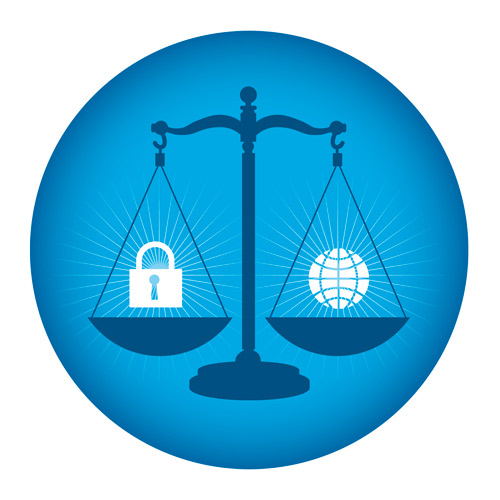
This is not directly about libraries, but as a profession we are always interested in preserving privacy and freedom to read; so this is good news for us!
(Article from cbldf.org, by By Maren Williams)
“The Transportation Security Administration has ended tests of a new requirement for passengers to remove books and other paper items from their carry-on luggage during security screening. An agency spokeswoman left room for the new rules to return at a later date however, saying that “at this time, [we] are no longer testing or instituting these procedures.”
The TSA says that the pilot test simply ran its course, but the announcement came shortly after alarm bells were raised by intellectual freedom and privacy advocates in the past week. The agency said that the test arose only from scanning machines’ limitations in discerning explosives from other contents of packed bags, but even prior to the new rules there were many documented cases of TSA employees giving increased scrutiny to passengers perceived to be carrying suspicious reading material. After a blog post by ACLU’s Jay Stanley publicized the test, representatives from the American Association of University Professors and the Modern Language Association also voiced their concern. Continue reading TSA Ends Test of Separate Scanning for Books




